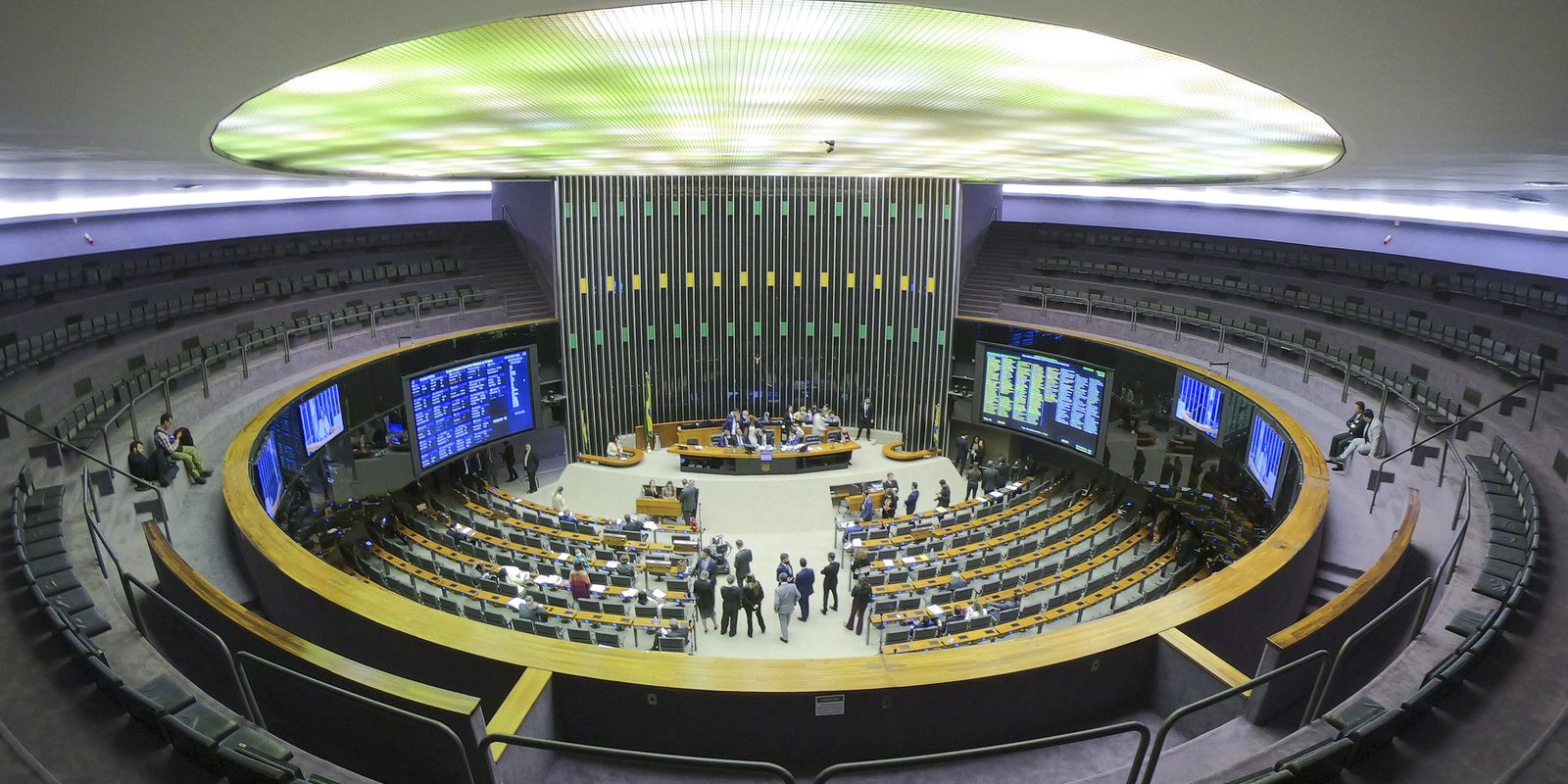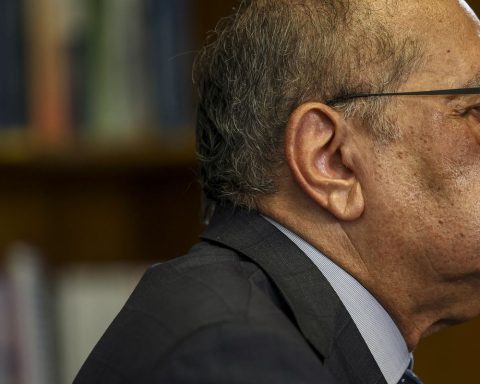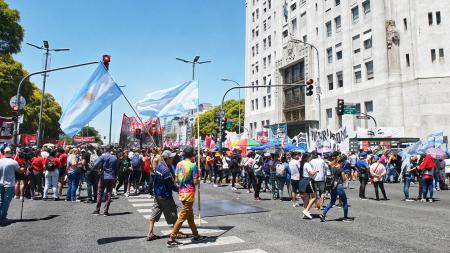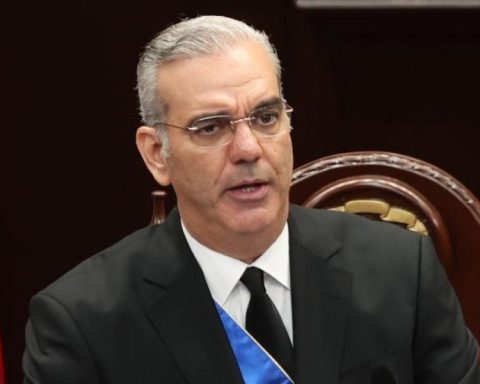By 331 votes in favor and 168 against, the Chamber of Deputies approved in the first round, on the night of this Tuesday (20), the basic text of the Proposed Amendment to the Constitution (PEC) of the Transition. They are voting on the highlights of the projects and the intention of the mayor, Arthur Lira (PP-AL) is to vote for the PEC in the second round later tonight.
The matter aims to guarantee resources for social programs in the 2023 Union Budget, such as the continuity of the payment of the Auxílio Brasil of R$ 600, which will once again be called Bolsa Família, and the real increase in the minimum wage from January.
The proposal establishes that the new government will have R$ 145 billion in addition to the ceiling, of which R$ 70 billion will be used to fund the social benefit of R$ 600 reais with an additional R$ 150 per child up to 6 years old. The PEC also opens fiscal space for another BRL 23 billion in investments for a period of two years and not for four years, as the transition team wanted.
After an agreement between party leaders and representatives of the elected government, the proposal of the rapporteur, deputy Elmar Nascimento (União-BA), left these amounts outside the ceiling for one year. Initially, the text approved in the Senate provided for a duration of two years.
The other BRL 75 billion can be allocated to expenses such as health policies (BRL 16.6 billion), including the Popular Pharmacy program and the real increase in the minimum wage (BRL 6.8 billion). As it is a suppressive amendment (removal of an excerpt from the PEC), the reduction of the period of validity from two years to one year does not need to be voted on again by the senators.
In the rapporteur’s assessment, the spending ceiling ended up compressing the space for public investment and the measure will “recover the state’s investment capacity, in order to enable a national infrastructure that is minimally able to provide conditions for a faster economic recovery”. The matter approved by the deputies removed from the PEC an excerpt that would allow donations from international organizations to be excluded from the spending ceiling.
secret budget
The PEC text of the Transition was modified by the rapporteur, deputy Elmar Nascimento, after a decision by the Federal Supreme Court (STF) that overturned the current model for distributing the amendments by the rapporteur. The Court understood that the rapporteur’s amendments (RP9), also known as the secret budget, are illegal and are not provided for in the Constitution.
Yesterday (19), the STF considered, by 6 votes to 5, the secret budget unconstitutional. This morning, Congress and the elected government closed an agreement to divide the R$ 19.4 billion of the RP9. Half, R$ 9.7 billion, will go to the ministries through amendments to public policies with discretionary execution by the Executive. The other half will go to taxable individual amendments.
The secret budget nickname arose from the absence of identification of deputies and senators who indicated the application of such resources. Thus, according to critics of the RP9, the amendments are used by the Federal Executive to co-opt deputies and senators to vote on matters of their interest in exchange for direct allocations to public bodies.
That part of the deal will need to be approved by the Senate. As the taxable individual amendments were introduced by a constitutional amendment, the increase in their amount needs to be approved by a PEC.

















